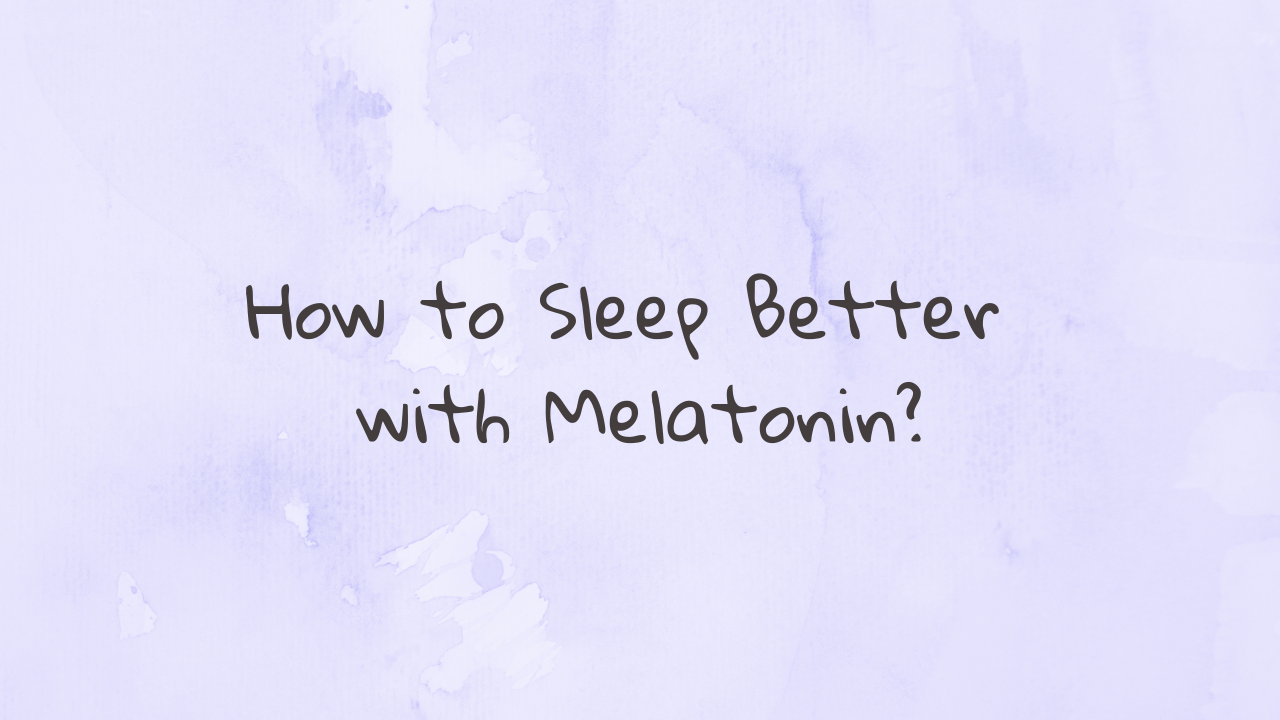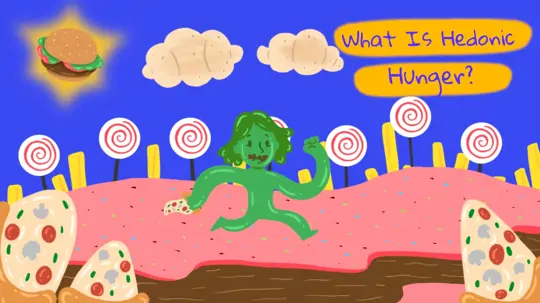
Start feeling better today!
Connect with your therapist today and take control of your life like our 850.000 happy clients.
Get StartedSleep
We've all noticed how a good night's sleep inspires us to do better in life. Some of the scientific effects of good sleep on our health include: being more productive and concentrated during the day, being less prone to obesity, better calorie balance, better physical performance, better blood pressure balancing, and having a stronger immune system, better social empathy and reduced effects of depression.
On the other hand, when we are sleep deprived, we find it difficult to work, exercise, read, and socialize. We all get into a depressive mood, as if we are going through a phase of depression. So, is there a component that allows for good sleep, and can it be used to sleep better and feel better?
Melatonin
The pineal gland in the brain secretes melatonin hormone, which regulates the sleep-wake cycle. Melatonin secretion increases and the body prepares for sleep as the time when our bodies are used to sleeping approaches and the light around us begins to dim. When our body is nearing the end of its sleep cycle and the light in the environment gets brighter, melatonin secretion decreases and serotonin synthesis increases, which makes us feel alive by connecting nerve cells. In other words, the hormone melatonin allows us to sleep well and reap the benefits of sleep.
We don't have to worry about finding melatonin. Our bodies naturally synthesize it while we sleep. Melatonin can also be obtained from food and supplements. According to a Mahidol University study on the amount of melatonin in foods, high levels of melatonin are mostly found in seeds.
Melatonin-Containing Foods
Let's list these multi-seed foods based on their melatonin content, starting with the highest:- White mustard
- Black mustard
- Turmeric
- Goji berries
- Fenugreek seeds
- Almonds
- Sunflowers
- Fennel
- Cardamon
- Flax
- Anise
- Celery seeds
To list the foods rich in melatonin, although they contain less than the foods above, again based on their melatonin content:
- Walnuts
- Oats
- Corn
- Tomatoes
- Rice
- Grape skin
- Ginger
- Bananas
- Barley
Because a melatonin-rich diet can induce sleep, it can be beneficial to consume foods high in melatonin at the appropriate time. According to studies, when these foods are consumed during the day, they increase the symptoms of short-term depression because they induce a sense of sleep, but there's nothing to worry about. Your melatonin levels rise immediately after eating, making you sleepy. In reality, you are not depressed; however, your depressive symptoms worsen for a short period of time.
When you take these nutrients before bed, they help to regulate your sleep cycle and help you sleep better. Better sleep also energizes your body and mind, making you feel better. According to research, melatonin appears to be somewhat, if not largely, effective in preventing depression. In a 2014 study, for example, depressive symptoms were observed in 11% of those who took melatonin in two groups of subjects who took melatonin and placebo for three months after breast cancer surgery, while this rate was 45% in those who took placebo.
Conclusion
Of course, well-being isn't solely related to melatonin intake. From a biological standpoint, the happiness hormones dopamine, serotonin, oxytocin, and endorphins play a significant role in this issue. From a psychological standpoint, there could be a variety of reasons for not feeling well, and focusing on melatonin alone may not produce the desired results until these reasons are addressed. As a result, monitoring our melatonin levels will help us sleep better and feel better. However, it is important to note that it is only one of many factors to consider.





